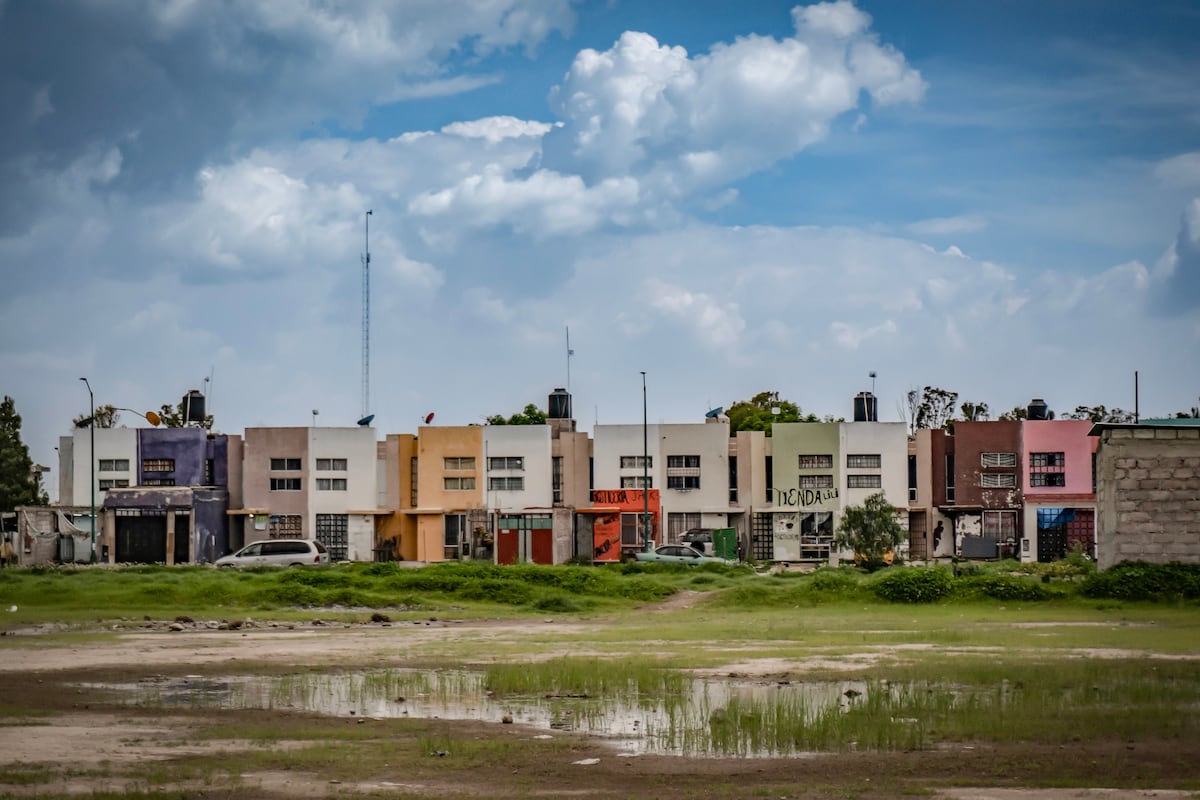
"Home ownership, an ideal that for decades was a symbol of success, stability, and social progress in Latin America and the Caribbean, is undergoing a silent crisis. While public policies and family decisions continue to revolve around home ownership as a symbol of stability and progress, reality is beginning to paint a different picture: over the last 20 years, the home ownership rate in many countries in the region has steadily fallen, in some cases by between 15 and 20 percentage points."
"The dream of owning a home is not only fading in many cities, but it also forces us to rethink how we think about housing in the 21st century, as the economic, social, and urban transformations of recent years have put this vision under strain. In a context where average housing prices are growing at a significantly faster rate than median incomes,"
Home ownership has long symbolized success and stability in Latin America and the Caribbean, but rates have steadily fallen over the past 20 years, sometimes by 15–20 percentage points. Cultural expectations still treat home ownership as a prerequisite for adulthood and family formation. Rapid economic, social, and urban changes and housing prices rising much faster than median incomes are eroding affordability and the viability of ownership as the dominant tenure. Housing must be prioritized as a fundamental human right and sustainable development objective, backed by adequate resources, institutional capacity, and policies that expand alternatives and view ownership within a broader concept of housing stability.
#home-ownership #housing-affordability #housing-policy #latin-america-and-the-caribbean #housing-rights
Read at english.elpais.com
Unable to calculate read time
Collection
[
|
...
]